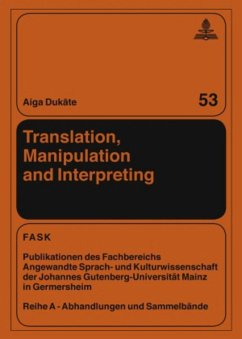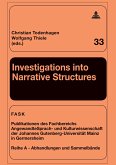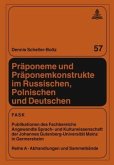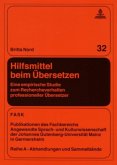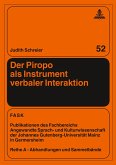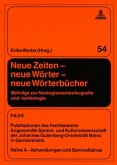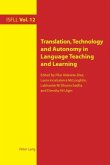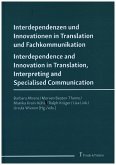The most provocative claim ever made about translation that "from the point of view of the target literature all translation implies a degree of manipulation of the source text for a certain purpose" (Hermans 1985:11), known as the manipulation hypothesis, serves as the departure point for this study. Translation is manipulation! What does it mean? How can it be? Can it be trusted? And what about its sister activity interpreting? The book provides answers to all these questions and more. It investigates the allegedly manipulative side of translation and interpreting, and offers an overview of scholarly and practitioner stances on translation and interpreting as manipulation as well as a fine-grained typology of translational manipulation with examples. This study would appeal to translators, interpreters, scholars, and students alike.

